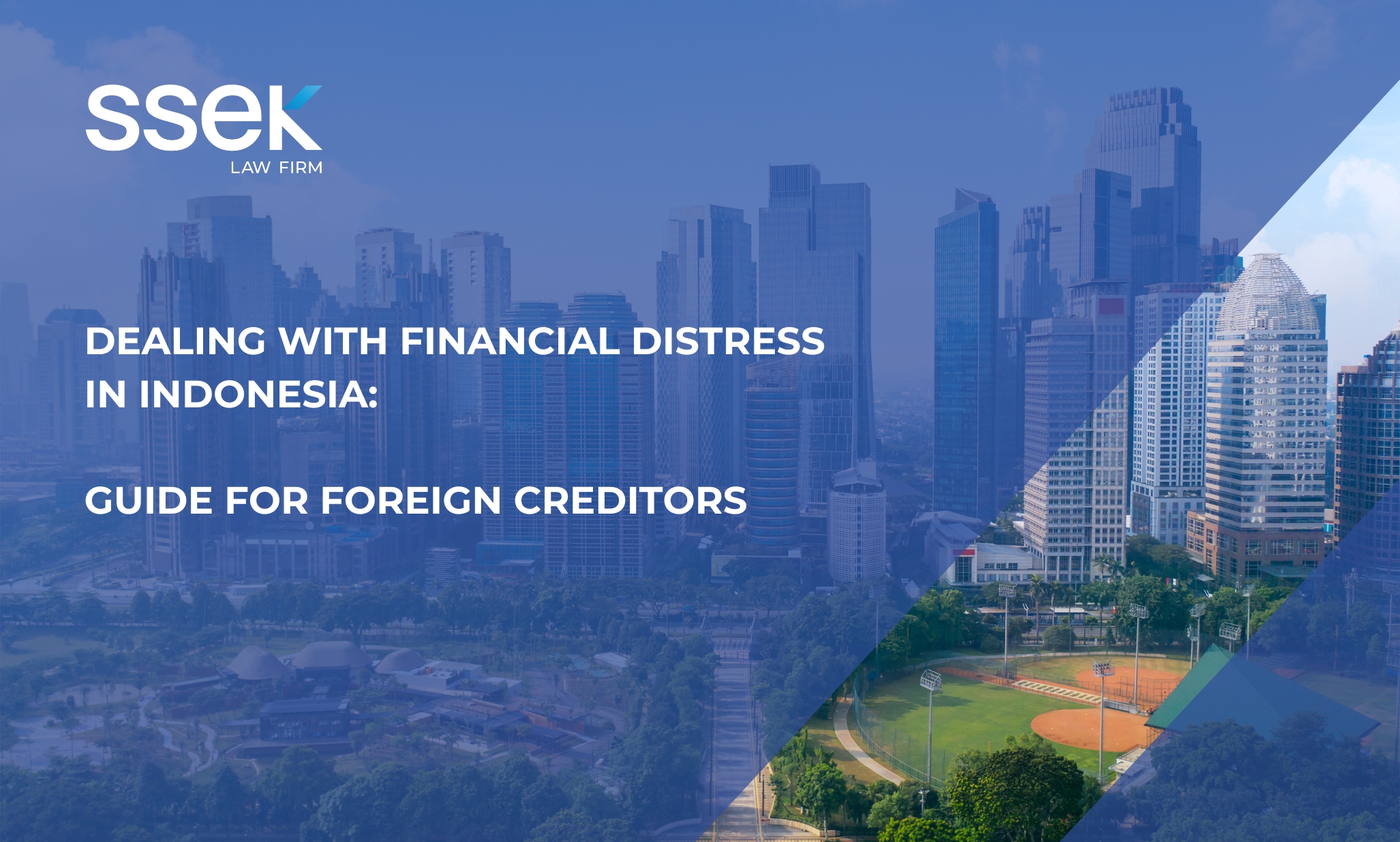

The primary source of law relating to corporate governance in Indonesia is Law No. 40 of 2007 regarding Limited Liability Companies (the Company Law). Additionally, corporate governance for certain types of companies, namely those operating in the insurance and capital market sectors, as well as issuers and public companies, is governed by the Financial Services Authority (OJK) regulations.
Listing rules applicable to publicly listed companies are based on Law No. 8 of 1995 regarding Capital Markets and Government Regulation No. 45 of 1995 regarding the Implementation of Business in Capital Markets. These laws exist alongside more specific regulations made by the OJK and decrees issued by the Indonesia Stock Exchange Board of Directors. In general, listing rules are compulsory. Specifically, in relation to corporate governance, the OJK applies the "comply or explain" principle.
The primary government agencies that are responsible for and have the authority to make such rules include the central government and legislature, as well as several ministries, including the Ministry of Law and Human Rights. The OJK is also responsible for both the issuance of regulations and the enforcement thereof for companies operating in the insurance and capital market sectors, as well as issuers and public companies.
There are no well-known shareholder activist groups or proxy advisory firms in Indonesia that materially influence policies on corporate governance matters.
This first appeared in the Lexology GTDT Corporate Governance 2020 global guide.
This publication is intended for informational purposes only and does not constitute legal advice. Any reliance on the material contained herein is at the user's own risk. All SSEK publications are copyrighted and may not be reproduced without the express written consent of SSEK.









